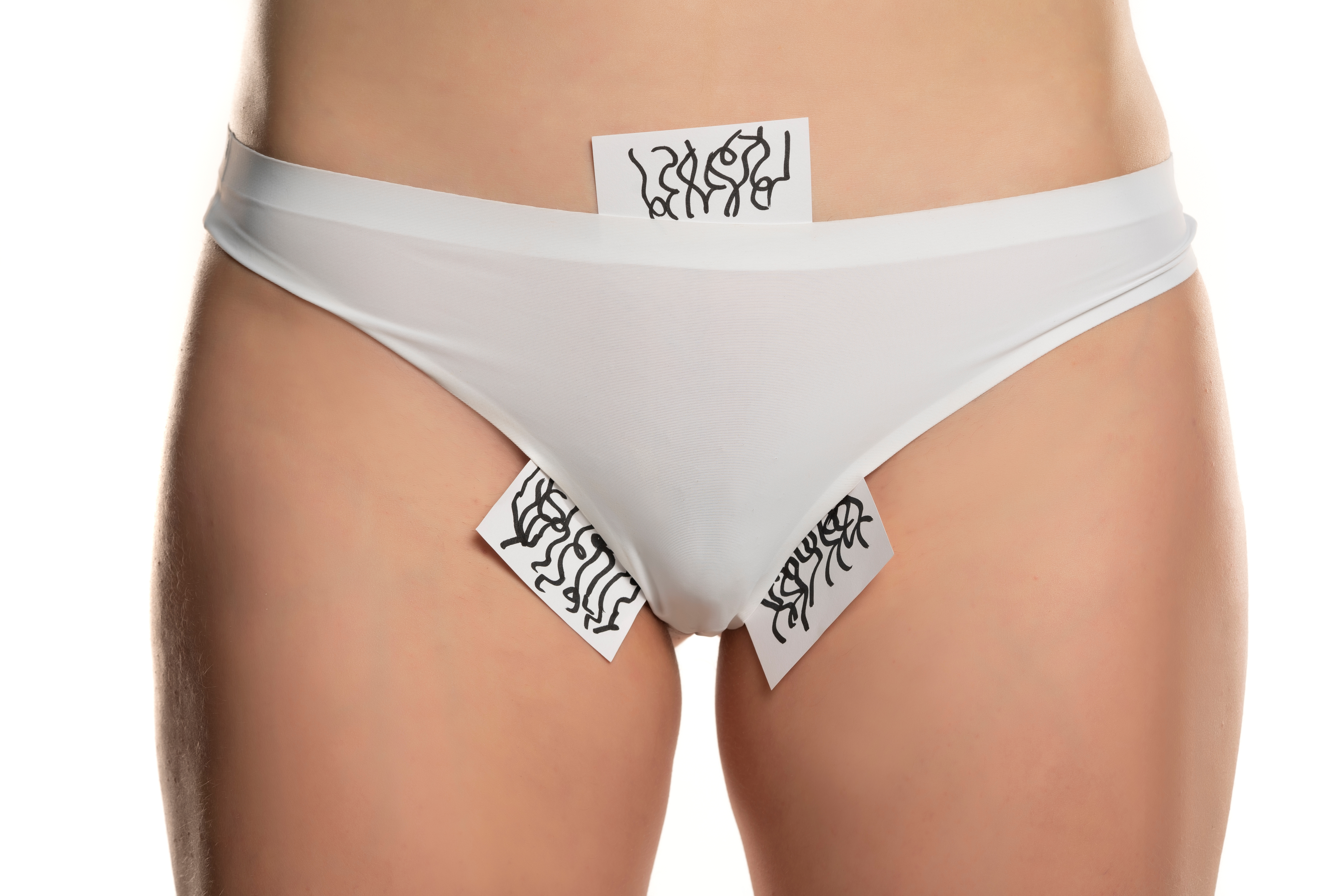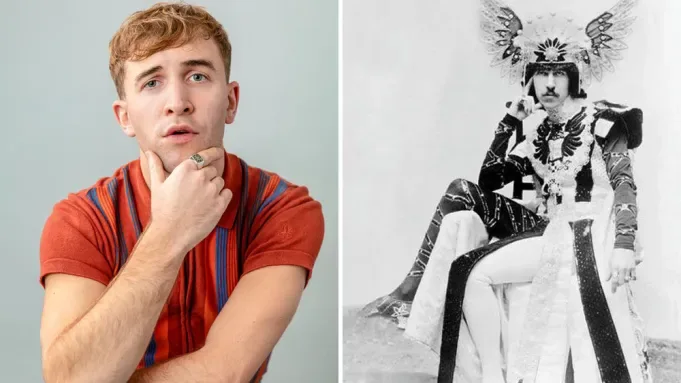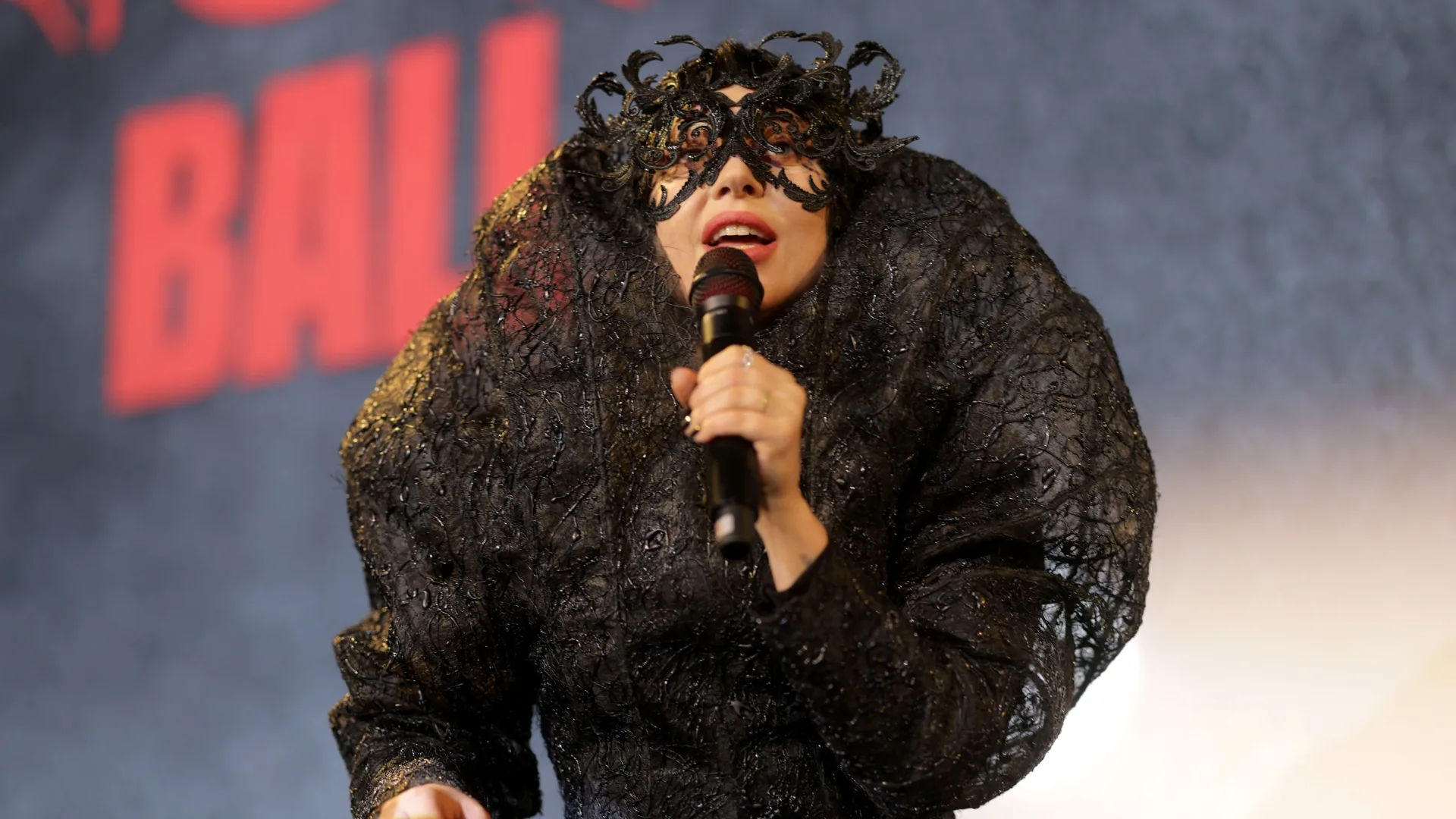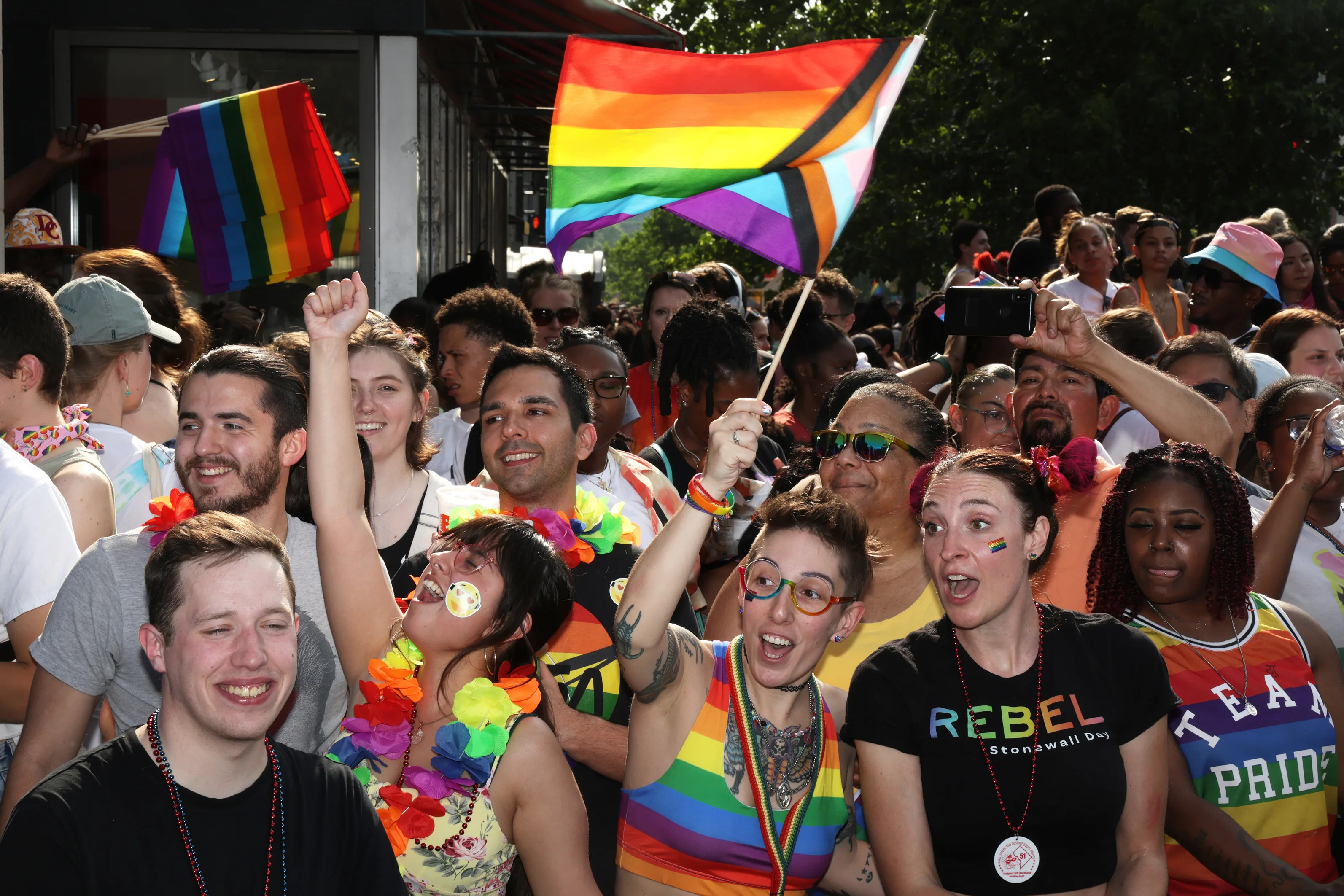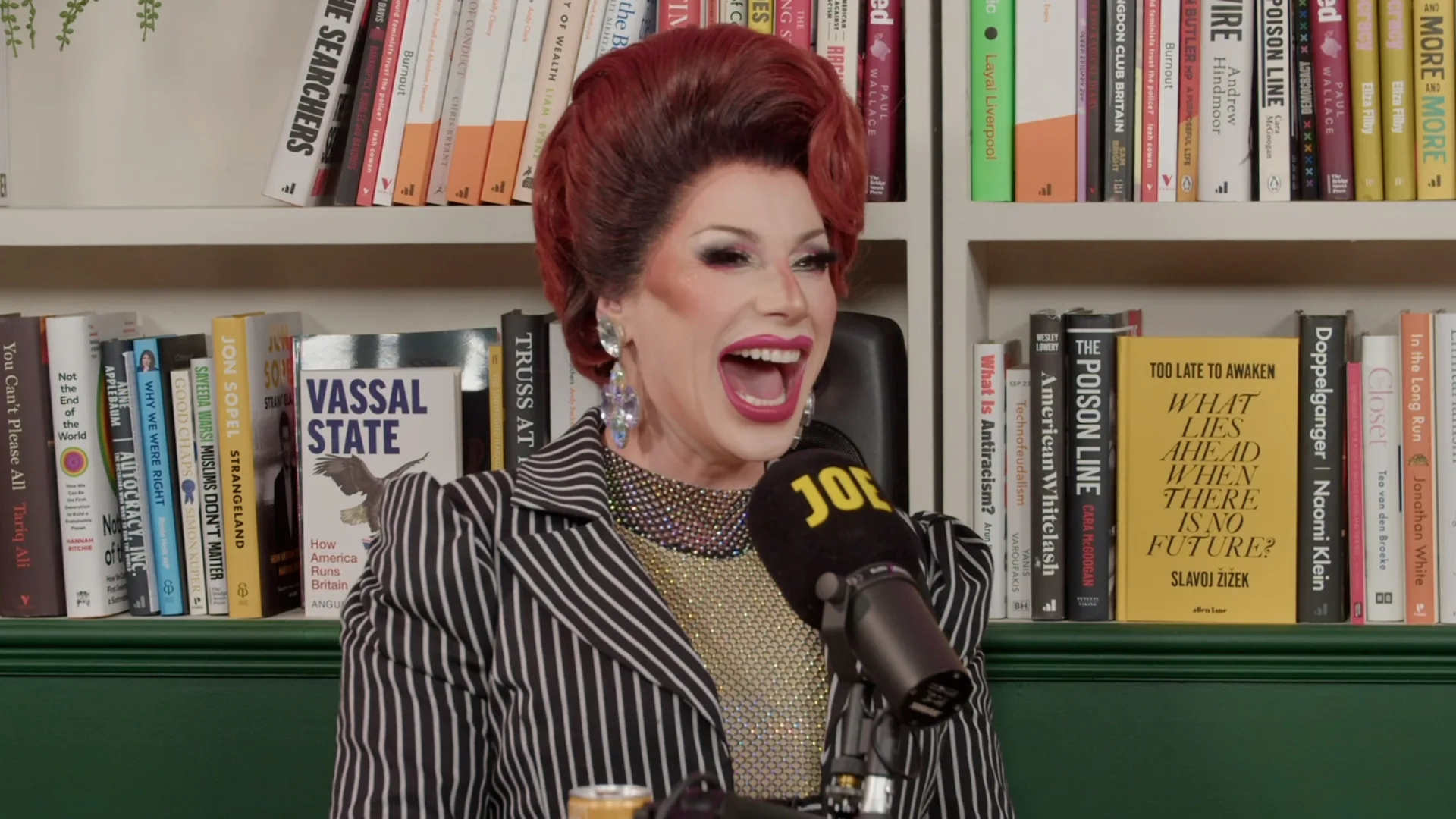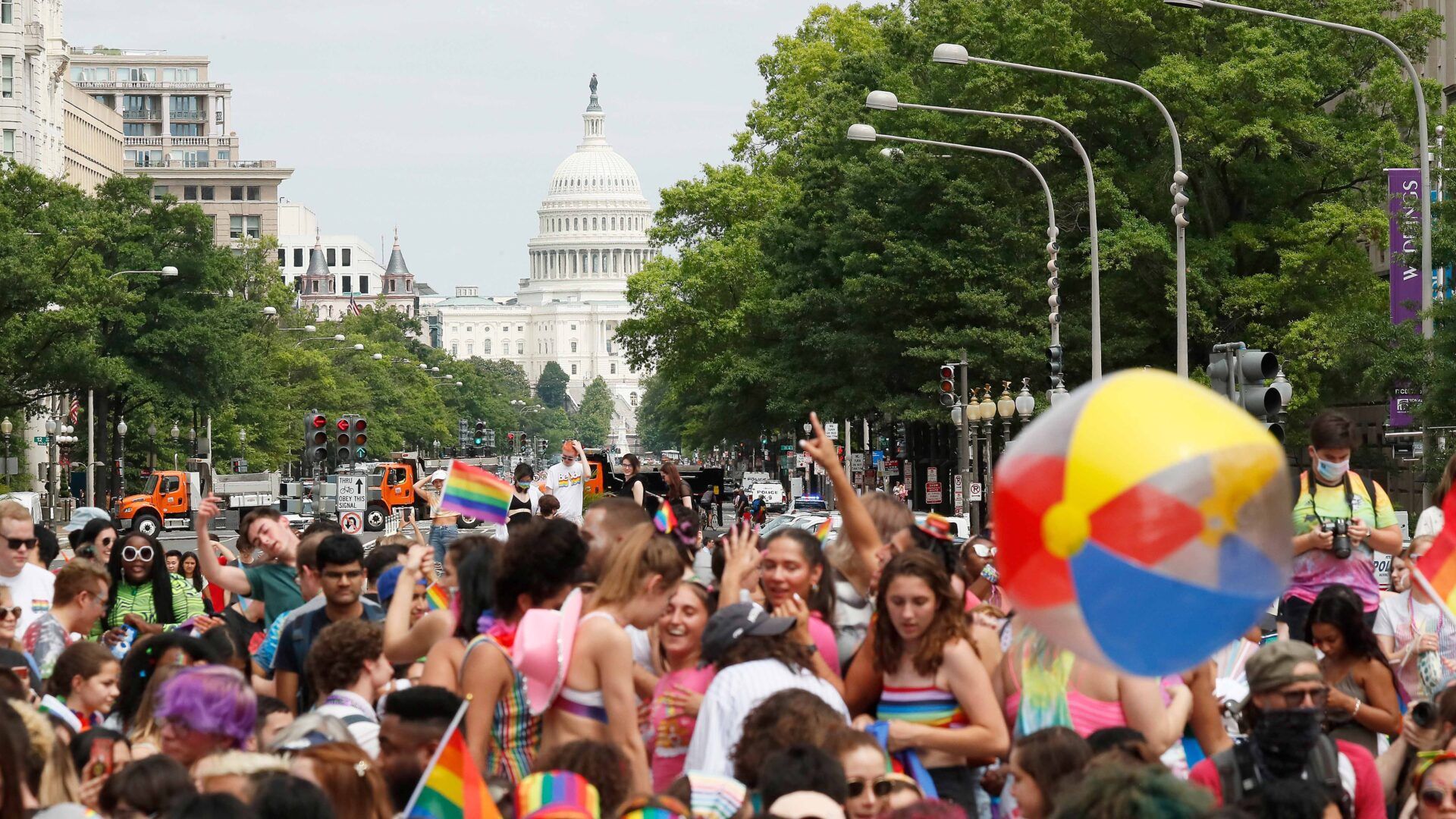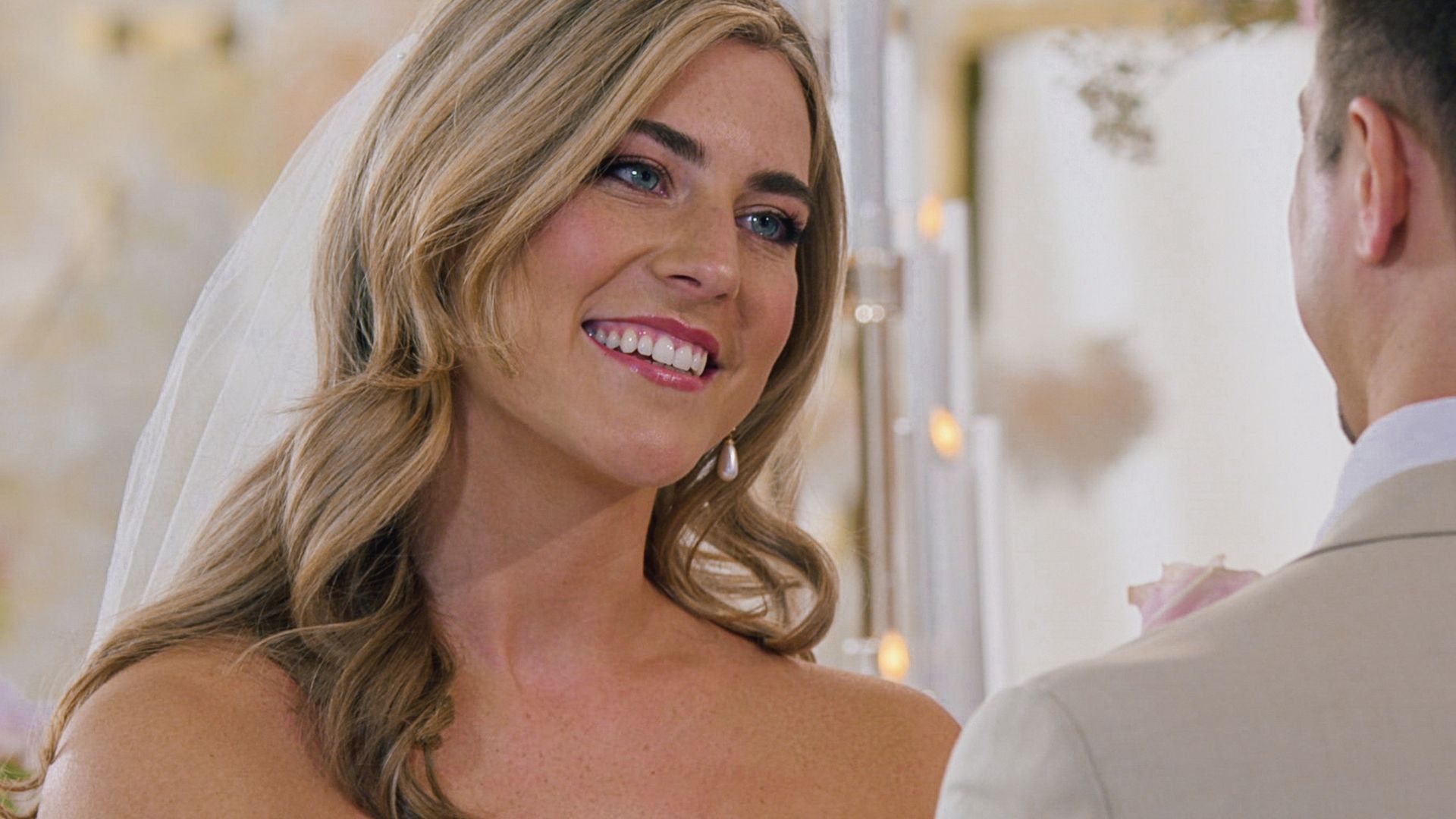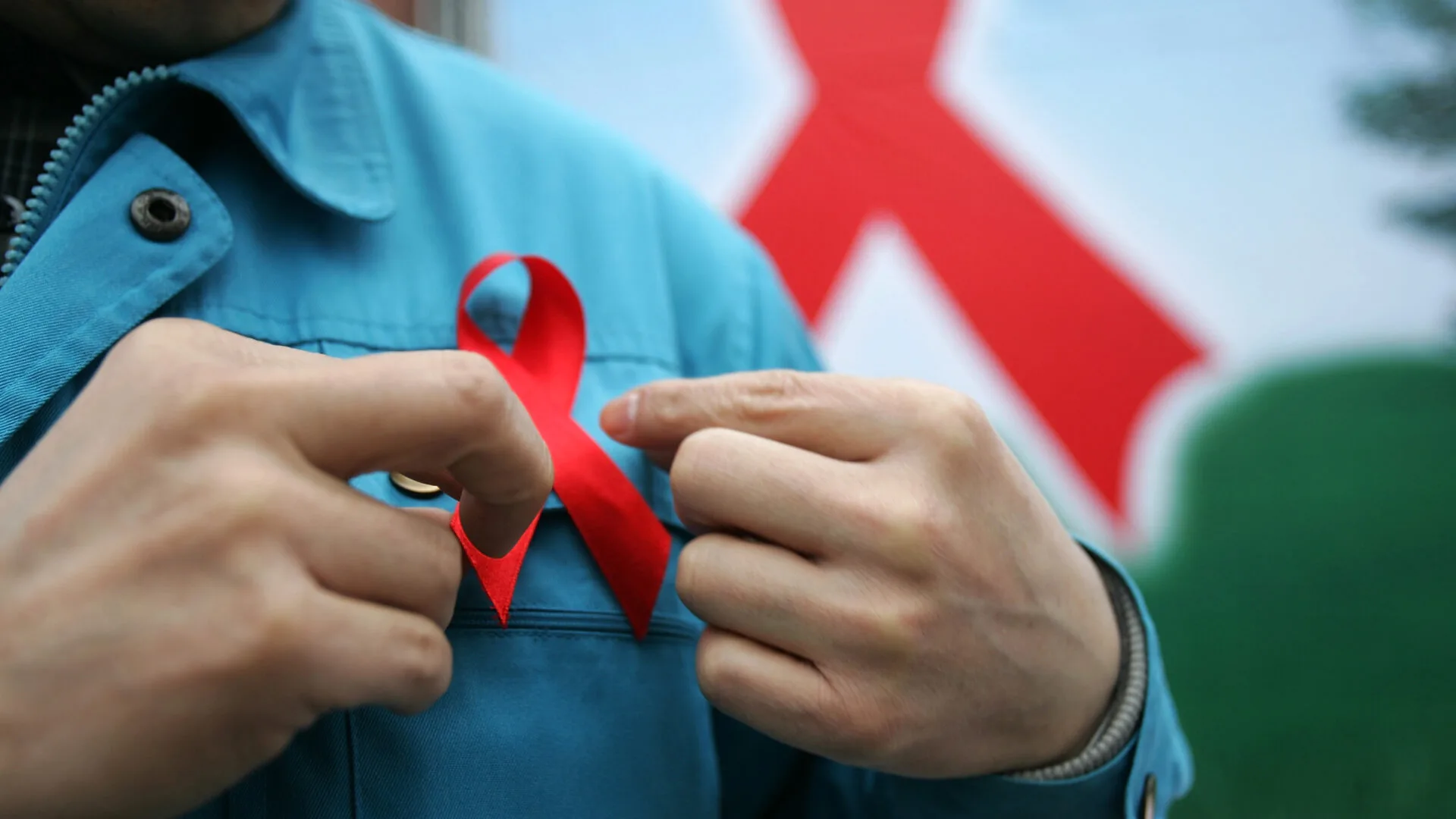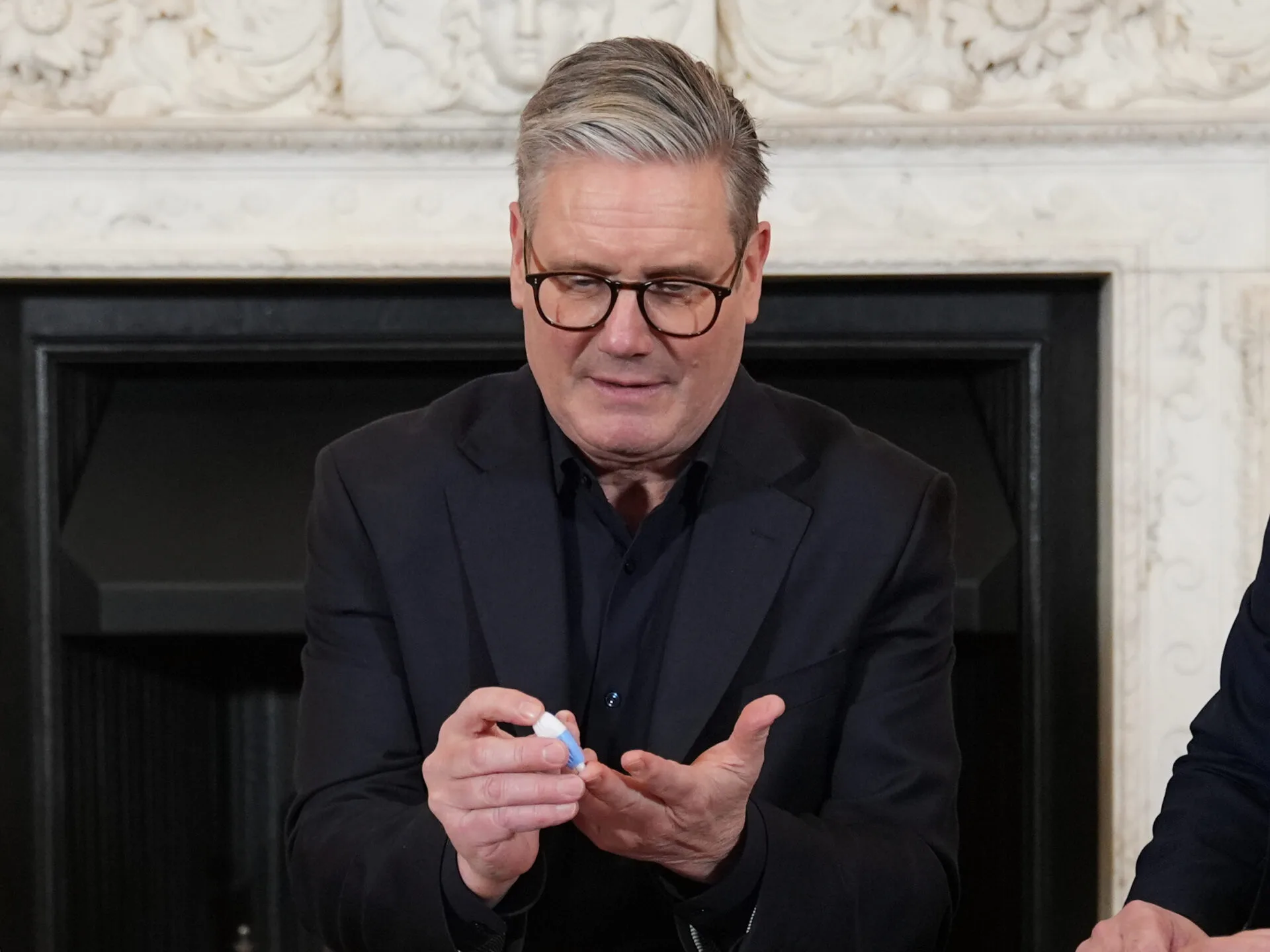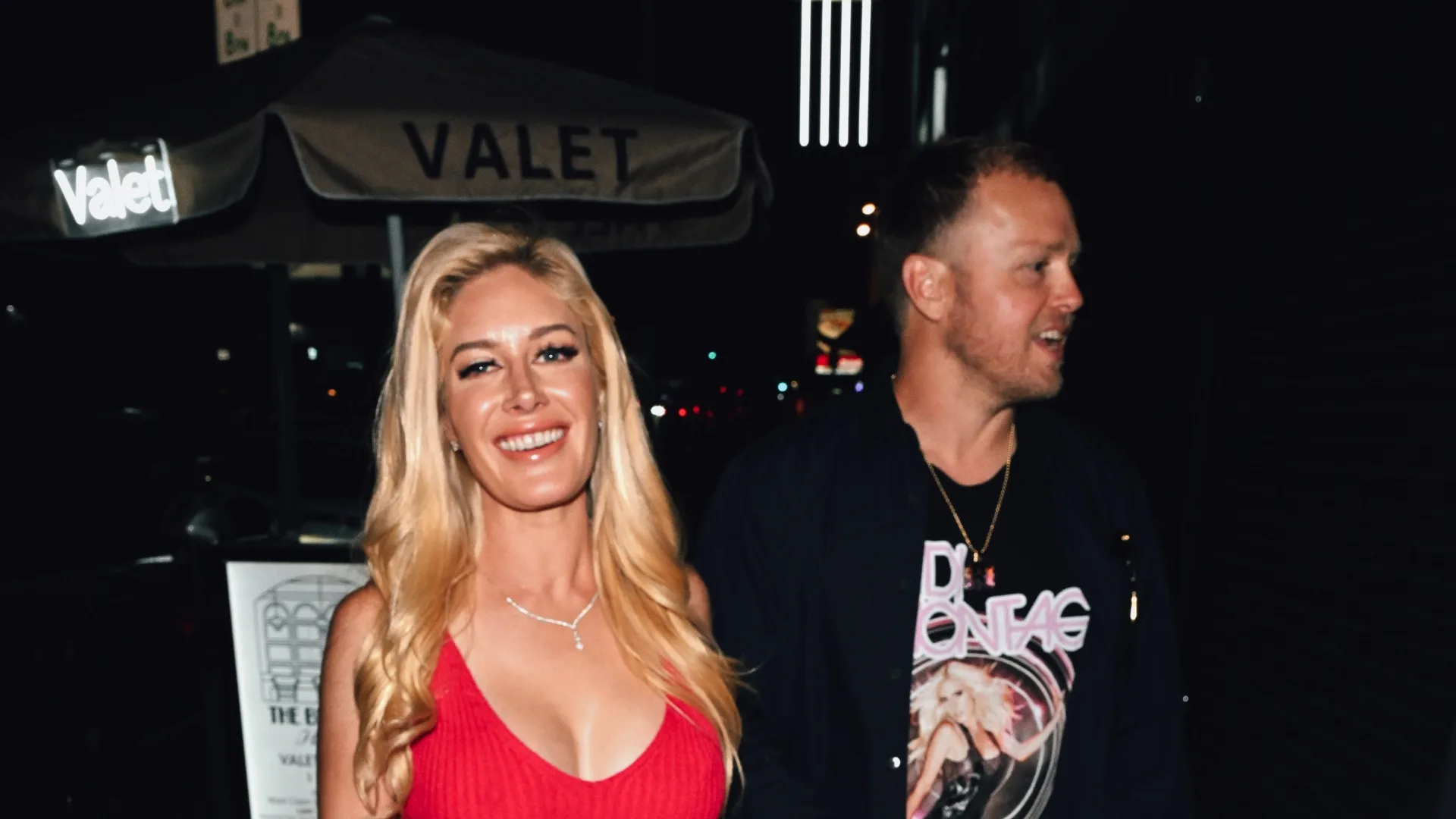I’ve never been ashamed when it came to my body hair. Between growing up in a naked house and the media I chose to consume (usually The L Word during my teenage years), the idea of pubic hair never seemed as much of a shock to me. This meant I felt that I had choices when it came to my body hair. The choices I’ve made have been heavily influenced by the time of the year, the confidence I’ve had in my body, and what I was seeing around me, and even sometimes my mood. However, the thought of going full bush never occurred to me.
Amongst my friends there’s a lot of conversation around pubic hair, about easy maintenance techniques, what our partners prefer, what we feel most comfortable with etc. But letting it grow-out freely never seemed to be a conversation topic, until recently.
This year, the ‘full bush in a bikini’ trend began to gain momentum on TikTok. What started with an Etsy review of a woman showcasing her pubic hair in a bikini, began to gain traction with individuals feeling inspired to embrace their own pubic hair. With 16.6 million views on one user’s video saying the review radicalised her, it triggered others to share their love for the concept.
The trend then sparked discussion around the growing acceptance of body hair, how it challenges traditional beauty standards and promotes individual choice.
Is the ‘Full bush in a bikini’ trend just down to TikTok, or due to a bigger political movement?

In the US, and many other Western countries, women’s rights have always been marked by periods of progress and regression. With a more conservative political shift we see bodily autonomy, gender autonomy and reproductive rights at risk. With this in mind, and looking at how decisions about women’s bodies are being dictated by those (men) in power, a return to natural pubic hair can be seen as a subtle political statement.
Similar to times of political unrest in the 1960s and 70s, there is an urgent movement to reclaim human dignity and reject societal norms. Embracing natural hair can be seen as a form of protest against the system trying to control women’s lives.
But it’s important to remember that choosing to shave is also a personal decision, and it’s okay to do so- this movement is about embracing choice, not condemnation.
During the Roman Empire, women having pubic hair was a symbol of being lower class. It was expected that women remain shaven and ‘pure’. However, this shifted during the Middle Ages, there was a rise of pubic lice and those who were involved in sex work remained hair free in order to prevent themselves from catching anything. In turn, a lush bush was seen as a status symbol.
Whether the fashionable preference was for shaven or unshaven, one thing remained the same. It was usually men who had made these decisions.
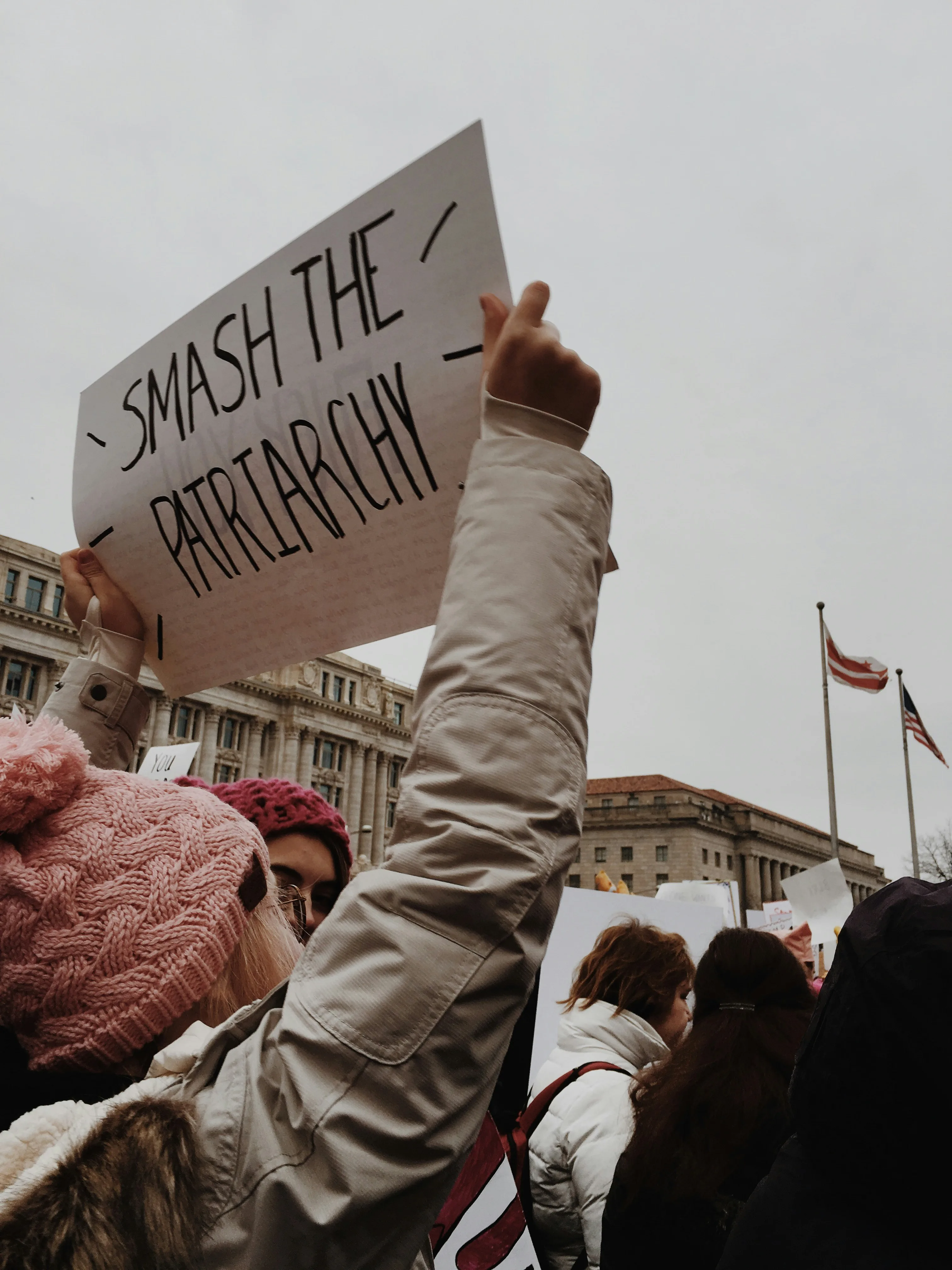
It was during moments of social unrest that women’s roles in society shifted and they began to fight for greater autonomy and establish agency over their own bodies.
During the Suffrage movement, women defied gender expectations in their clothing and expression to showcase that they should have just the same rights to participate fully in society.
Then, during the 60’s and 70’s, the Women’s Liberation Movement encouraged women to reject the beauty standards imposed on them, including removing body hair. At this time it was about pushing against a culture trying to define women based on their looks.
With a United States President who is anti-immigration (and seems to be anti-minority in general) and EU countries cutting down on rights given to the LGBTQ+ community, now is a time for acts of resistance.
Embracing your pubic hair and defying past generations reaffirms that women’s worth shouldn’t be tied to their appearance.
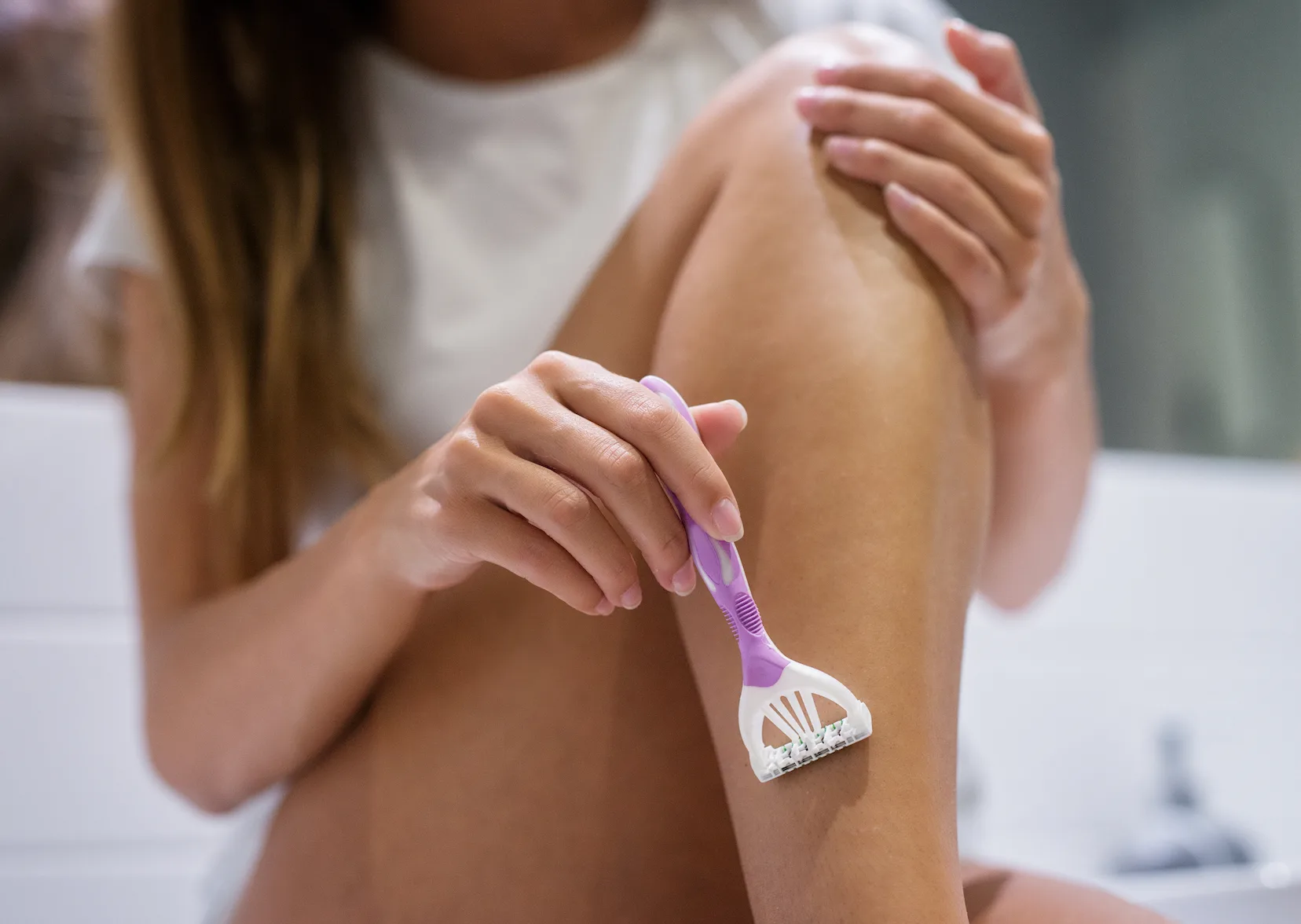
Let’s be real, the beauty industry has long profited off women’s insecurities. Many advertisements will list things about women’s bodies that need to be ‘fixed’ or ‘maintained’ in order to sell their product. Sure even some ads for razor brands have women using them on perfectly smooth legs.
Razor or hair removal brands sell the idea of controlled body hair, but with a rise in the rejection of over-consumerism, the full bush movement flips the narrative and reminds women that everybody is beautiful and we don’t need to remove their hair if they don’t want to.
The shift to female-owned ethical porn sites is also showing many that a completely shaved body doesn’t equate to a sensual experience. FrolicMe, Bellesa and XConfessions are all examples of porn sites that are created by women, showcasing many different forms of the female body.
Being able to see women with or without body hair, tall or short, big or small, enjoying sex helps women to embrace their bodies as they are.
Women are reclaiming their bodies and sexualities. Whether it’s a political statement, a stance against consumerism, an act of resistance or due to the rise in female-founded porn, we see that more and more women are vocal about going full bush.
It’s important to recognise that the rise of a full bush is a choice, not a one-size-fits-all expectation. Hair removal is a valid choice, one that I need to emphasize shouldn’t be shamed either. The rise in its popularity highlights that women shouldn’t be dictated about how they groom themselves, that they have the freedom to make the choice for themselves, free from societal pressures.
At a time when bodily autonomy is under threat, the personal decision of keeping or removing your pubic hair should be your choice and your choice alone.

